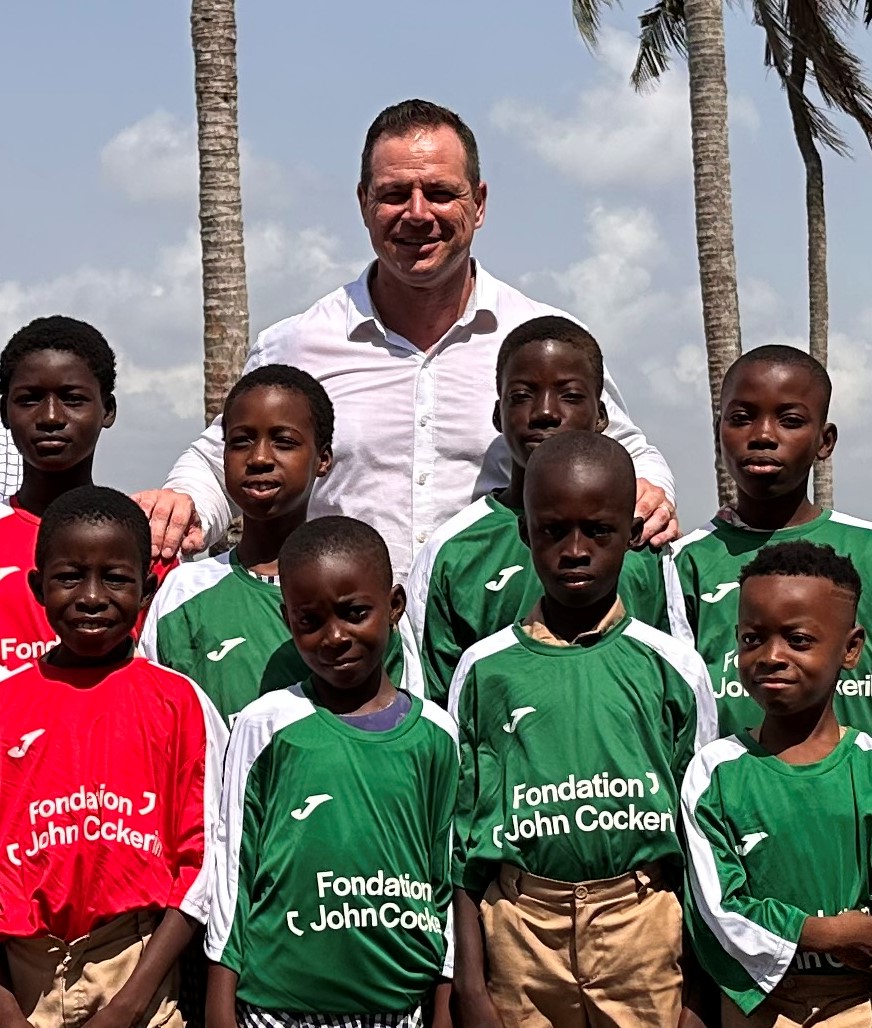A collective, solidary and sustainable project in three acts
2023, Ivory CoastBased in Ivory Coast, the association Marg'EAU works daily to improve living conditions and access to water for communities. Marg'EAU can count on volunteers like Françoise Attioua and Adèle Kouassi, as well as its president, Dalila Bourriez. In the past, they have carried out several actions in a school in Abidjan. For example, the installation of safety barriers and speed bumps in front of the school, to protect the crossing of children. In 2021, the association has launched a new project that is vital to the daily lives of schoolchildren: access to water. Until then, there was no connection to the network. With a total of 650 students - and sometimes 130 per class - such an arrangement had become essential.


